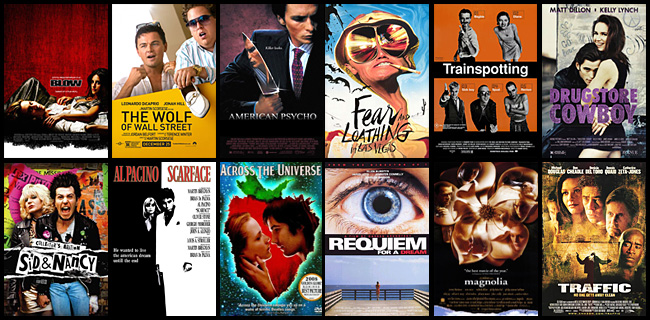
EMDR to Address Trauma During Addiction Treatment
EMDR is a powerful tool for healing trauma. Studies show that trauma is a risk factor for addiction and substance use disorder. In addition, treatment of trauma is key for individuals to recover from addiction. At the Redpoint Center, we use several different types of treatments for trauma. These modalities differ from talk therapy. One reason talk therapy doesn’t always effectively address trauma is that the memories are stored in the hippocampus, part of the midbrain. Talk therapy doesn’t effectively access these memories stored in the midbrain—it tends to involve the utilization of our frontal lobes. Furthermore, trauma is often stored in the body, requiring somatic attention. Hence, EMDR is a powerful intervention.
Using EMDR to Cope With Trauma and Stress
EMDR (eye movement desensitization and reprocessing) therapy is a positive tool. It helps us access and process memories stored in the midbrain. Our use of EMDR is expanding and helping more people with issues that cause distress. People with substance abuse issues commonly have a history of trauma. In addition, they struggle to cope with stress and often benefit from EMDR.
Research shows that EMDR causes changes in brain chemistry that reverse the damage caused by trauma or acute stress. Bessel van der Kolk, an expert, and researcher, in brain chemistry and trauma, shares several brain studies to support this approach. His PET scan photographs of the brain before and after EMDR sessions show the benefit.
EMDR and the Brain
The PET scans of one who is remembering trauma light the amygdala in the brain. This is part of the limbic system that is responsible for emotions, survival instincts, and memory. The amygdala is activated when one experiences trauma and acute stress. It is the “smoke detector” that scans the environment and lets us know of a threat or event that is relevant to survival.
When people experience a threat the amygdala becomes activated. The frontal lobe, where cognition and understanding take place, is quite dim because the amygdala is more heightened. Hence, when people are experiencing “normal” day-to-day happenings, the frontal lobe is bright and outshines the amygdala.
Studies Show the Benefits of EMDR
In one study, van der Kolk had several individuals go through EMDR sessions. Before the sessions, the PET scans showed a brain in a trauma state. After the EMDR sessions, the brain appeared normal when the client was bringing to mind the same stressful event. The memory was no longer held as a traumatic memory but as a normal, processed memory.
We found another study where van der Kolk showed that subjects with a complicated traumatic history, after six EMDR sessions, had greatly reduced PTSD symptoms that continued to decrease even more for up to six months after the study.
We do not know exactly how psychotherapy affects the brain’s neurobiology. However, we do know that when people are upset, their brains cannot process information normally. EMDR is similar to what occurs naturally during dreaming or REM (rapid eye movement) sleep.
During REM sleep, the information from the day is being processed. When people experience trauma, the amygdala becomes hyperactive and stores traumatic information and memory. This makes it difficult to process this information. EMDR creates the same stimulation that occurs during REM sleep. This assists the brain in processing the trauma or issues related to stress. The end result is that people see disturbing information in a new and less distressing way. Consequently, they are better able to process information.
Getting Started with EMDR in Treatment
We know addiction is connected to acute stress and often trauma. Once a client has dealt with trauma and acute stress through EMDR, he or she is better able to cope. Therefore, they experience healthy relationships, cope with stress, and live a happier life. In addition, people can recover from addiction since they are no longer, or less affected, by their distress.
If you or a loved one is struggling with alcohol addiction, drug addiction, Mental Health problems, The Redpoint Center is here to help. The Redpoint Center treats both adults and youth struggling with addiction and alcohol. Learn more about our Longmont Drug Rehab, by calling 888-509-3153.




